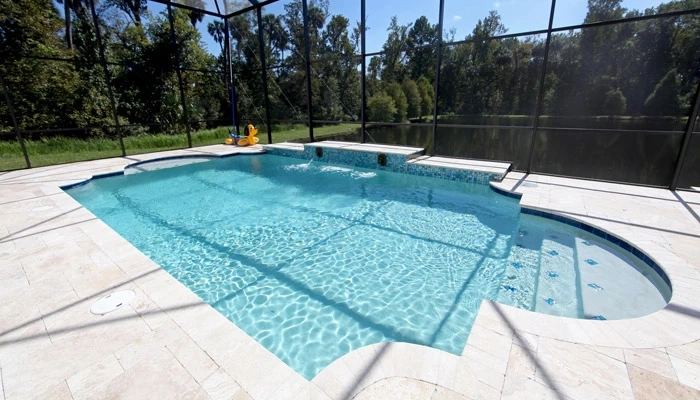Swimming pools are a refreshing oasis for homeowners, providing a place to relax and enjoy quality time with family and friends. However, one issue that pool owners may encounter is the development of cracks in their pools. In this article, we will delve into the various causes of gunite pool crack, with a specific focus on Gunite pools.
The Versatility of Gunite Pools
Gunite pools, also known as concrete pools, have gained immense popularity due to their versatility in design and construction. The Gunite construction process involves spraying a mixture of sand, cement, and water over a steel-reinforced structure, providing a durable and long-lasting pool.
Environmental Factors
One of the primary causes of swimming pool cracks, including Gunite pools, is ground movement. Changes in the underlying soil, such as settling or expansion due to changes in moisture content, can exert pressure on the pool's structure, leading to cracks. Additionally, hydrostatic pressure, caused by an increase in groundwater levels, can further stress the pool's walls and floor.
Temperature Fluctuations
Temperature fluctuations can significantly impact Gunite pools and contribute to crack formation. In regions experiencing freezing temperatures, the water in the pool's pores can freeze and expand, exerting pressure on the pool's structure during the winter. When the temperature rises, the ice melts, causing the pool to contract. This continuous expansion and contraction can lead to stress cracks over time. Proper pool maintenance, including winterization procedures, can help mitigate the effects of temperature-related stress.
Improper Pool Construction
The quality of pool construction plays a vital role in its resistance to cracks. If a Gunite pool is not constructed correctly, with insufficient reinforcement or the use of substandard materials, it becomes more susceptible to cracking. It is essential to hire experienced pool builders who follow industry best practices to ensure the pool's long-term durability.
Structural Shifts
Over time, as the ground settles or the pool experiences shifts in its foundation, the pool's structure can be subjected to stress. This stress can manifest as cracks in the pool's walls or floor. Regular pool inspections can help detect any signs of structural shifts early on and prevent further damage.
Conclusion
While swimming pool cracks can be concerning, understanding the causes behind them can empower pool owners to take appropriate preventive measures. Gunite pools, like any other type of swimming pool, are not immune to cracking. However, by addressing environmental factors, ensuring proper pool construction, and conducting regular maintenance, pool owners can minimize the likelihood of cracks and enjoy their pools for many years to come.


